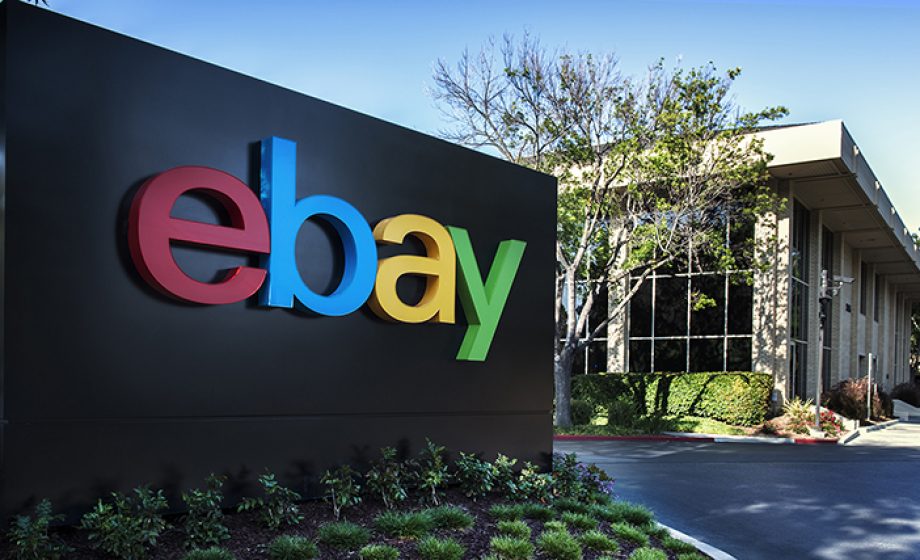Facebook and eBay have agreed to combat fake reviews on their platforms in response to pressure from the UK’s Competition and Market Authority (CMA), according to TechCrunch.
In June, the CMA said it had found evidence of a “thriving marketplace for fake and misleading online reviews” on the platforms. It found over 100 eBay listings and 26 Facebook groups with offers to provide fake reviews for products.
Several months after the CMA notice, the UK consumer rights group Which? said that Facebook had failed to address the fake reviews, but noted that eBay had already made some progress.
On Wednesday, the CMA said Facebook had removed 188 accounts and 24 groups, while eBay had banned 140 users that had been selling fake reviews.
The regulator says billions of pounds are spent in the UK each year based on online reviews, promoting an illegal market for fakes.
In a statement, CMA chief executive Andrea Coscelli said:
“Fake reviews are really damaging to shoppers and businesses alike. Millions of people base their shopping decisions on reviews, and if these are misleading or untrue, then shoppers could end up being misled into buying something that isn’t right for them — leaving businesses who play by the rules missing out.”
They said that in addition to removing accounts, Facebook has now pledged to put “more robust systems” in place to filter out fake reviews, and eBay plans to bolster existing systems to identify and remove fake reviews.
“We’re pleased that Facebook and eBay are doing the right thing by committing to tackle this problem and helping to keep their sites free from posts selling fake reviews,” Coscelli said.
They also clarified that they’re not suggesting either platform is intentionally allowing the proliferation of fake reviews.
However, the CMA said it had found new instances of fake reviews on Instagram, which is owned by Facebook. The regulator said those reviews are now being investigated by the company.
Aside from the erosion of public trust, there are few potential consequences for platforms that fail to police fake reviews. A new set of proposals from the UK government to regulate tech companies could alter the landscape. But for now, calling the public’s attention to the issue could be the best way for regulators to encourage platforms to take action.
Natalie Hitchins, from Which?, praised the move but said there’s more work to be done.
“It’s good that Facebook and eBay have taken steps to improve after the regulator intervened but it is vital they continue to identify and shut down these groups, and put measures in place so that they are completely eradicated.”
Photo by ebayinc [CC BY-SA (https://creativecommons.org/licenses/by-sa/4.0)]

